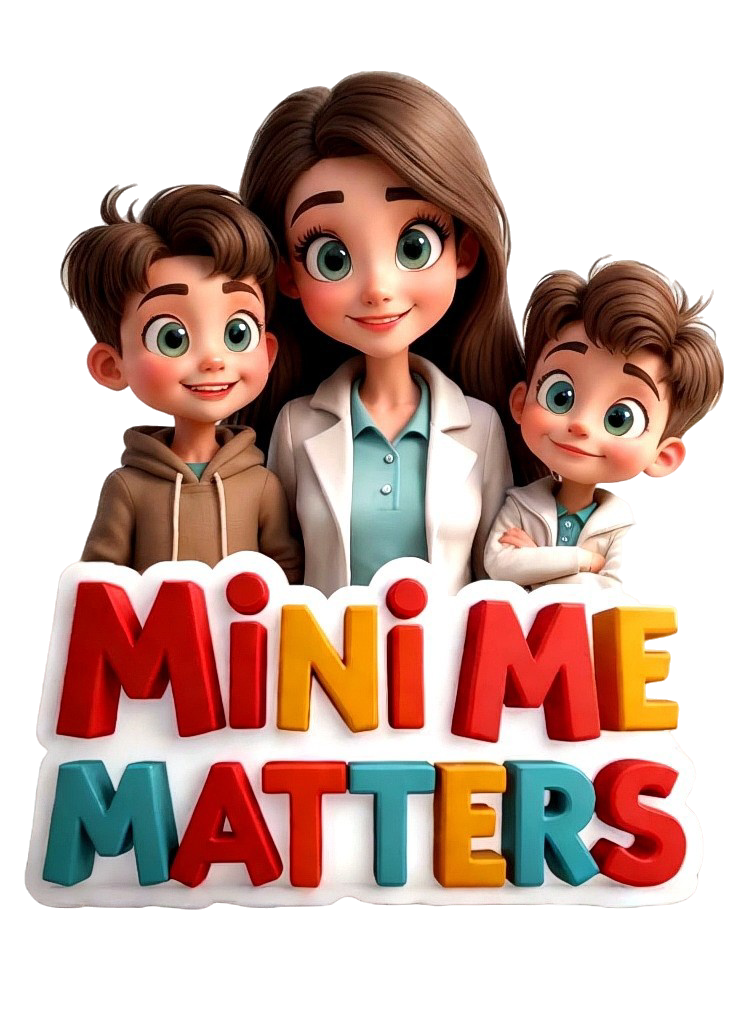Picture this: You’re parched, craving something cold, and that brightly colored, sugar-loaded drink is calling your name. You take a sip—it’s like a party in your mouth! But wait… is it really a party, or is your body quietly rolling its eyes at you?
Sugared beverages—such as sodas, juices, sports drinks, and sweetened teas may be delicious and refreshing, but their excessive consumption is linked to various health risks, from obesity to chronic diseases. Understanding the effects of these sugary drinks can help make more informed dietary choices.
What’s Really in That Cup?
Aside from water and flavoring, most sugared beverages contain—surprise!—a hefty dose of sugar. A standard can of soda can pack about 10 teaspoons of sugar. Yes, you read that right. Imagine spooning 10 teaspoons of sugar into a glass of water and drinking it. Sounds less appealing now, doesn’t it?
Sugared beverages also contribute significantly to empty calories, meaning they provide energy but lack essential nutrients like fiber, vitamins, and minerals. So while they might give a quick burst of energy, they’re not doing your body many favors in the long run.
The Science of Sugar Overload
1. Weight Gain and Obesity
Sugary drinks are high in calories but lack essential nutrients. Research shows that consuming beverages high in sugar leads to weight gain, as liquid calories do not trigger the same satiety signals as solid foods. This leads to excessive calorie intake, contributing to obesity—a major risk factor for diabetes and heart disease. One study showed that 1 serving per day of 100% fruit juice was associated with BMI gain among children supporting guidance to limit consumption of fruit juice to prevent intake of excess calories and weight gain.
2. Increased Risk of Type 2 Diabetes
A recent study published in Nature Medicine reveals that the consumption of sugary drinks is responsible for millions of new cases of type 2 diabetes and cardiovascular diseases worldwide. This is due to the rapid spike in blood sugar levels after consuming these drinks, which contributes to insulin resistance over time. Glucose dissolved in liquid is absorbed much faster, which can lead to blood sugar spikes and an immediate stimulation of insulin, resulting in insulin spikes.
The sugars present in solid foods, on the other hand, such as the natural sugars in fruit or the added sugars in foods that also contain fats, are absorbed more slowly. The body, by absorbing them more slowly, may also have time to use them, for example if you engage in physical activity during the day, thus reducing the intensity of the insulin spike.
3. Cardiovascular Disease
Overstimulation of insulin production caused by glucose contained into sugary bevearage, can promote low-grade systemic inflammation, contribute to high blood pressure, inflammation, and elevated triglyceride levels, all of which are risk factors for cardiovascular disease.
A study conducted in Sveden, showed that drinking more sugary drinks significantly increases the risk of ischemic stroke, heart failure, atrial fibrillation and abdominal aortic aneurysm.
4. Dental Health Issues
Sugared beverages are also detrimental to dental health, as they promote tooth decay and cavities. The combination of sugar and acidity in sodas and fruit juices weakens tooth enamel, leading to an increased risk of cavities and gum disease.
Are “Healthier” Alternatives Any Better?
Many people turn to fruit juices, energy drinks, or flavored waters as “healthier” alternatives, but these can still contain high amounts of sugar. Even 100% fruit juice, while containing natural sugars, can contribute to weight gain and metabolic issues when consumed in excess. Even 100% fruit juice, while better than sugar-laden sodas, lacks the fiber that whole fruit provides, which helps slow sugar absorption. So, while a glass of orange juice isn’t the enemy, moderation is key.
Artificially sweetened drinks, such as diet sodas, may also pose health concerns. Some research suggests that artificial sweeteners can alter gut bacteria and affect metabolism. While they may not contain sugar, their long-term impact on health remains a topic of debate.
Reducing Sugared Beverage Consumption
Reducing intake of sugary drinks can significantly improve health outcomes. Here are a few strategies:
- Check Labels: Many beverages marketed as “healthy” still contain large amounts of sugar, so always read ingredient lists.
- Opt for Water: Water is the best hydration option and contains zero calories and no added sugar.
- Try Infused Water: Adding slices of fruit, herbs, or cucumbers can naturally enhance the taste without adding extra sugar.
- Drink Unsweetened Tea or Coffee: Herbal teas, green tea, or black coffee can be satisfying alternatives.
Conclusions
Sugary drinks might be fun and tasty, but they aren’t exactly the superheroes of hydration. While an occasional juice box or soda at a birthday party won’t turn your child into a sugar-fueled tornado, making them a daily habit can impact their health in the long run. So, what’s the game plan? Swap out sodas for water (or infused water with fruit for a fun twist), keep juice portions small. Teach kids to check labels like little detectives, so they grow up knowing what’s in their cups. At the end of the day, kids don’t need a sugar rush—they need energy for play, learning, and, of course, ruling the playground. Keeping their drinks smart and simple helps set them up for a lifetime of healthy habits. Cheers to that!

REFERENCES
- Added sugar intake and its associations with incidence of seven different cardiovascular diseases in 69,705 Swedish men and women. Front. Public Health , 09 December 2024, Sec. Public Health and Nutrition, Volume 12 – 2024 | https://doi.org/10.3389/fpubh.2024.1452085
- Lara-Castor, L., O’Hearn, M., Cudhea, F. et al. Burdens of type 2 diabetes and cardiovascular disease attributable to sugar-sweetened beverages in 184 countries. Nat Med (2025). https://doi.org/10.1038/s41591-024-03345-4
- Nguyen M, Jarvis SE, Chiavaroli L, Mejia SB, Zurbau A, Khan TA, Tobias DK, Willett WC, Hu FB, Hanley AJ, Birken CS, Sievenpiper JL, Malik VS. Consumption of 100% Fruit Juice and Body Weight in Children and Adults: A Systematic Review and Meta-Analysis. JAMA Pediatr. 2024 Mar 1;178(3):237-246. doi: 10.1001/jamapediatrics.2023.6124. PMID: 38227336; PMCID: PMC10792499.
- American Heart Association (AHA). (2021). Added sugars. Retrieved from www.heart.org
- Malik, V. S., Pan, A., Willett, W. C., & Hu, F. B. (2019). Sugar-sweetened beverages and weight gain in children and adults: A systematic review and meta-analysis. American Journal of Clinical Nutrition, 109(4), 1117-1126.
- Moynihan, P. J., & Kelly, S. A. (2014). Effect of caries on sugar intake. Journal of Dental Research, 93(1), 8-18.
- Suez, J., Korem, T., Zilberman-Schapira, G., et al. (2014). Artificial sweeteners induce glucose intolerance by altering the gut microbiota. Nature, 514(7521), 181-186.




